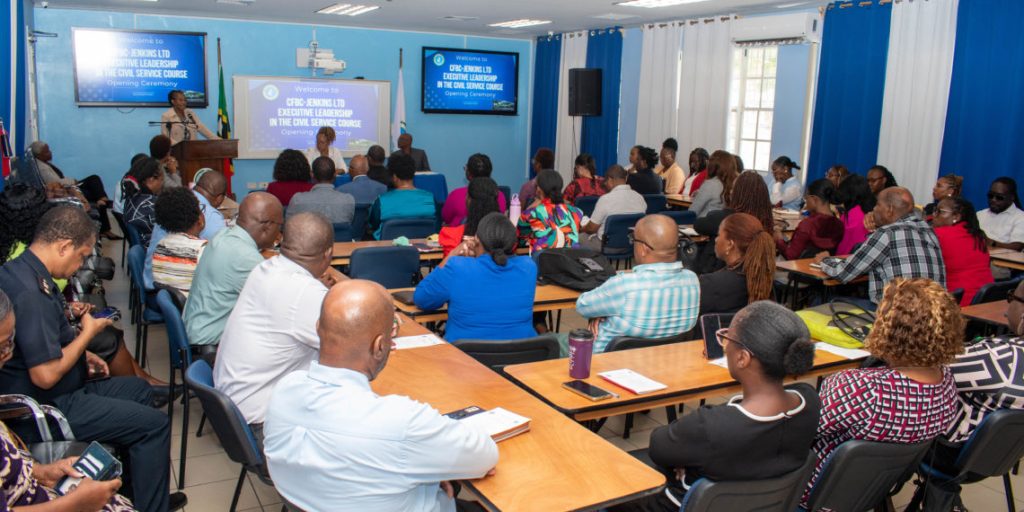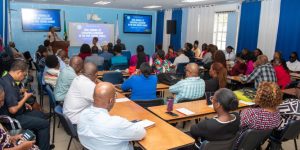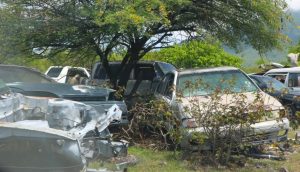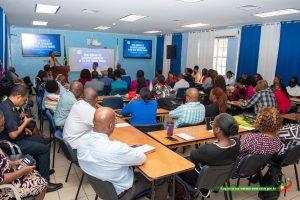Significant Investment from Nigerian Passport Holders in Antigua and Barbuda Citizenship Program
The Caribbean island nation of Antigua and Barbuda has witnessed a remarkable surge in citizenship applications through its Citizenship-by-Investment (CBI) program, particularly from Nigerian nationals. During the first half of 2024, at least 66 Nigerians secured Antiguan and Barbudan passports, injecting over US $6.6 million into the nation’s economy. This influx of capital, primarily channeled through the National Development Fund (NDF) contribution route, has placed Nigeria as the leading African source of approved applicants and the third largest overall, trailing only China and the United States. This surge highlights the growing appeal of CBI programs for affluent individuals seeking global mobility, financial stability, and enhanced opportunities. The report detailing these figures, presented to the Antiguan Parliament, has sparked international interest and raised questions about the evolving dynamics of investment migration and its impact on both the Caribbean and African landscapes.
The substantial financial contributions from Nigerian investors are earmarked for crucial national development projects, including the construction of hurricane-resistant housing, the establishment of a national dialysis unit, and efforts to reduce public debt. The preference for the NDF contribution option over real estate investments underscores the Nigerians’ desire to directly support Antigua and Barbuda’s development initiatives. This substantial injection of capital comes at a time when the global economic landscape is facing numerous challenges, and such investments are seen as vital for the nation’s continued growth and resilience. The CBI program’s success in attracting significant investment from Nigeria underscores its effectiveness as a tool for national development and economic diversification.
A confluence of factors is driving the increasing interest of Nigerian elites in acquiring second citizenship in Antigua and Barbuda. Geopolitical instability within Nigeria, coupled with significant currency volatility, has created an environment of uncertainty, prompting high-net-worth individuals to seek secure alternative options for themselves and their families. The Antiguan passport, offering visa-free access to over 150 countries, including the UK, Schengen Area, and various Commonwealth nations, provides a powerful tool for global mobility and a shield against increasing visa restrictions faced by Nigerian citizens. This enhanced mobility facilitates international business, education opportunities, and access to healthcare, making it an increasingly attractive proposition for those seeking greater freedom and security.
The surge in applications during the first half of 2024 was further fueled by the imminent price increase for the NDF contribution, which rose from US $100,000 to US $150,000 in August. This impending price hike prompted a rush of applicants eager to secure citizenship at the lower rate, contributing to the record-breaking number of approvals. The trend also reflects a growing recognition among wealth advisors and high-net-worth individuals that “passport diversification” is no longer a luxury but a strategic necessity in an increasingly complex and unpredictable world. This shift in perspective underscores the value placed on acquiring alternative citizenship as a means of mitigating risk and ensuring access to global opportunities.
Antigua and Barbuda’s CBI program, established in 2013, has emerged as a prominent player in the global citizenship-by-investment landscape. It has successfully attracted high-net-worth individuals worldwide, particularly those from regions experiencing socio-political volatility. The program incorporates stringent due diligence checks, including international background screenings, to ensure the integrity of the program and maintain international standards. Applicants are also required to spend a minimum of five days on the island within a five-year period, fostering a connection with the local community. Furthermore, the program has been enhanced since 2017 with biometric security measures and OECD-compliant transparency protocols, further bolstering its credibility and security.
The significant influx of Nigerian investors highlights the growing demand for second passports among African elites. While other African nations like South Africa, Egypt, Ghana, and Kenya also saw approvals, their numbers remained in the single digits, underscoring Nigeria’s prominent position in this trend. Experts predict that this demand for alternative citizenship will continue to rise across the African continent, with Antigua and Barbuda positioned as a preferred gateway to the Caribbean and beyond. This influx of investment presents both opportunities and challenges for Antigua and Barbuda. While the substantial capital injection can fuel economic growth and development, it also raises questions about the potential impact on the island’s social fabric and the long-term implications of this evolving demographic shift. The evolving landscape of CBI programs and their impact on both source and destination countries warrants continued observation and analysis.
Share this content:













Post Comment